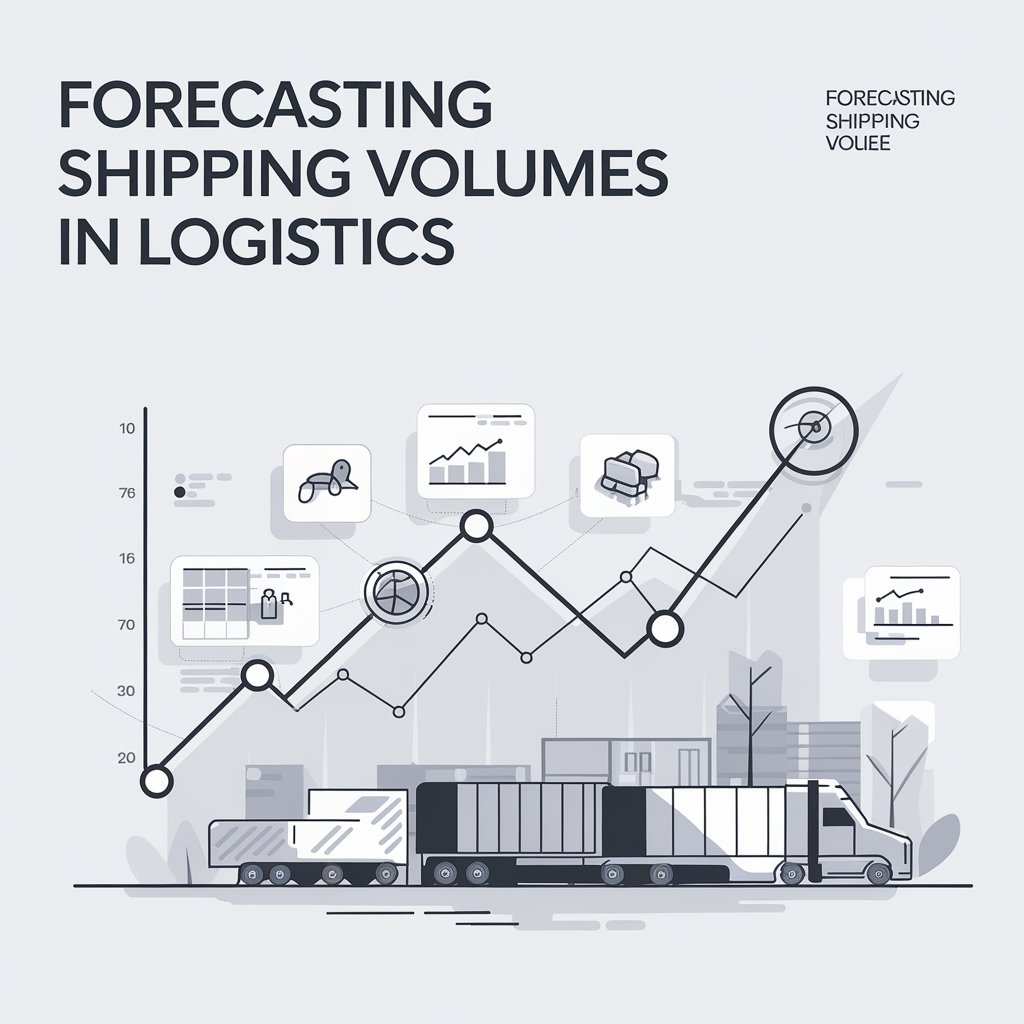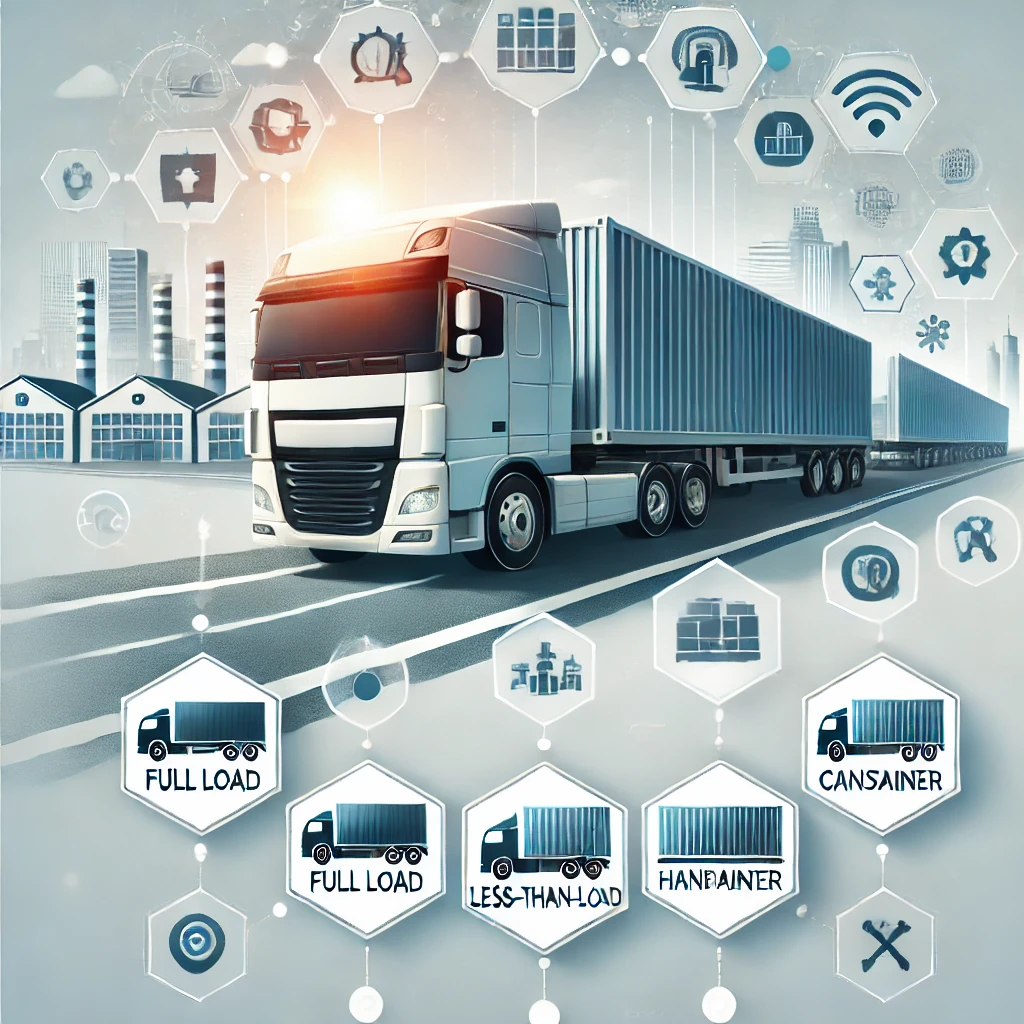Haulage Services: The Backbone of Road Freight Transportation

What Are Haulage Services?
Haulage services refer to the transportation of goods by road, typically using trucks or other heavy goods vehicles (HGVs). These services form a vital link in the supply chain, moving products from manufacturers to distributors, retailers, and end consumers.
Key Characteristics of Haulage Services:
- Road-based transportation
- Utilization of various types of trucks and trailers
- Flexibility in terms of route and schedule
- Capability to handle diverse cargo types and sizes
Types of Haulage Services
Haulage services come in various forms to meet different logistical needs:
- Full Load Haulage (FTL):
- Dedicated to a single customer’s cargo
- Ideal for large shipments or time-sensitive deliveries
- Less Than Load (LTL) Haulage:
- Combines multiple customers’ shipments in one vehicle
- Cost-effective for smaller shipments
- Container Haulage:
- Specializes in moving shipping containers
- Often used in conjunction with sea or rail freight
- Refrigerated Haulage:
- Temperature-controlled transportation for perishable goods
- Essential for food, pharmaceutical, and chemical industries
- Hazardous Goods Haulage:
- Specialized service for transporting dangerous materials
- Requires adherence to strict safety regulations
- Oversized Load Haulage:
- Handles exceptionally large or heavy items
- Requires special permits and equipment
- Livestock Haulage:
- Designed for the transportation of animals
- Requires specialized vehicles and care procedures
The Importance of Haulage Services in Modern Logistics
Haulage services are integral to the global supply chain for several reasons:
- Flexibility: Unlike rail or sea transport, road haulage can provide door-to-door services with greater route flexibility.
- Cost-Effectiveness: For short to medium distances, road haulage often proves more economical than other transportation methods.
- Speed: Road transport can offer quicker delivery times, especially for regional or national shipments.
- Accessibility: Haulage services can reach areas not serviced by other transport modes, ensuring comprehensive coverage.
- Integration: Road haulage easily integrates with other transportation methods, facilitating intermodal logistics solutions.
Challenges Facing the Haulage Industry
Despite its importance, the haulage industry faces several challenges:
- Environmental Concerns: Increasing pressure to reduce carbon emissions and adopt sustainable practices.
- Driver Shortages: Many countries are experiencing a shortage of qualified HGV drivers.
- Regulatory Changes: Evolving regulations regarding driver hours, vehicle emissions, and safety standards.
- Fuel Costs: Fluctuating fuel prices can significantly impact operational costs.
- Technological Adaptation: The need to implement new technologies for efficiency and compliance.
Innovations in Haulage Services
The haulage industry is embracing innovation to address challenges and improve efficiency:
- Electric and Hydrogen-Powered Vehicles: Reducing environmental impact and operating costs.
- Telematics and GPS Tracking: Enhancing route optimization and real-time shipment tracking.
- Autonomous Vehicles: Development of self-driving trucks for long-haul routes.
- Digital Freight Matching Platforms: Connecting shippers with carriers more efficiently.
- lockchain Technology: Improving transparency and security in logistics operations.

Choosing the Right Haulage Service Provider
When selecting a haulage service, consider the following factors:
- Service Range: Ensure the provider offers the specific services you need.
- Fleet Diversity: A varied fleet can handle different types of cargo and volumes.
- Safety Record: Check the company’s safety ratings and compliance history.
- Technology Integration: Look for providers using modern tracking and communication systems.
- Sustainability Practices: Consider the company’s efforts in reducing environmental impact.
- Customer Service: Responsive and reliable customer support is crucial.
- Pricing Structure: Understand the pricing model and look for transparent, competitive rates.
The Future of Haulage Services
The haulage industry is poised for significant changes in the coming years:
- Increased Automation: More autonomous features in vehicles, potentially leading to fully self-driving trucks.
- Green Haulage: Greater adoption of electric, hydrogen, and other alternative fuel vehicles.
- Data-Driven Operations: Enhanced use of big data and AI for route optimization and predictive maintenance.
- Last-Mile Innovation: New solutions for efficient urban deliveries, including drone technology and micro-hubs.
- Collaborative Logistics: Increased cooperation between companies to maximize efficiency and reduce empty runs.
Conclusion
Haulage services remain an indispensable component of the global logistics network. As the industry evolves to meet new challenges and embrace technological advancements, it continues to play a crucial role in supporting economic growth and facilitating global trade.
For businesses relying on efficient transportation of goods, understanding the various aspects of haulage services is key to optimizing their supply chain operations. By choosing the right haulage partners and staying informed about industry trends, companies can ensure their logistics operations remain competitive, cost-effective, and environmentally responsible.
As we look to the future, the haulage industry’s ability to adapt to changing market demands, technological innovations, and environmental concerns will be crucial in shaping the next generation of road freight transportation.
